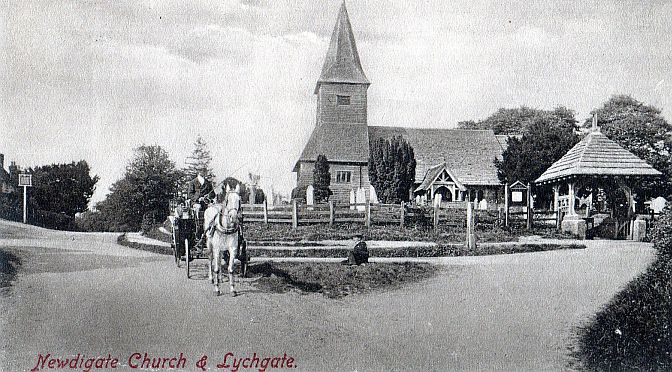If you missed the broadcast of “A Village at War”, listen again here:
Introduction by John Callcut
The book ‘A Village at War’ came as a result of further studies based upon the text of the original play reading.
Says John Callcut;
‘Every year, on Remembrance Sunday, the thirty two names on the Newdigate War Memorial are respectfully read out. When Mabel Whiffen died in 2004 the last village connection with the First World war was
severed so I was determined that these brave men should not be
forgotten. I set out to discover their background …. where did they live? what did they do? what did they look like and what did they think?… and then set their story into context with events happening in the war.’
‘The study took me to research offices, libraries, museums and the homes of descendants throughout the country. These men gave their lives so that we can live in a free society ….. they should not be forgotten’.
This is their story, spoken in their own words, which were
published at the time.
Audio Player
Website: http://villageatwar.co.uk/
©John Callcut
©SUSY Radio Limited
SUSY Radio is not responsible for the content of external sites
A VILLAGE AT WAR
| Tina Callcut – Commentator | Steph Bassett – War Correspondent |
| Lynn Woroniecki – Home Correspondent | David King – Rector |
| Directed by John Callcut | Produced by Tim Hartnell and David King |
[tab: Page I]
emotions and for some, particularly the young men, whose
horizons were little beyond the parish, excitement. This is their story, spoken in their own words, which were published at the time. Audio Player
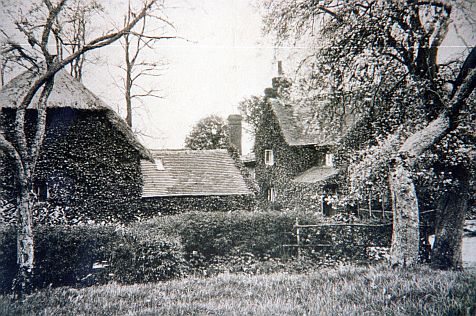
[tab: Page II]
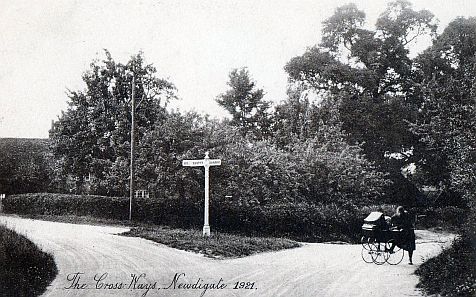
[tab: Page III]
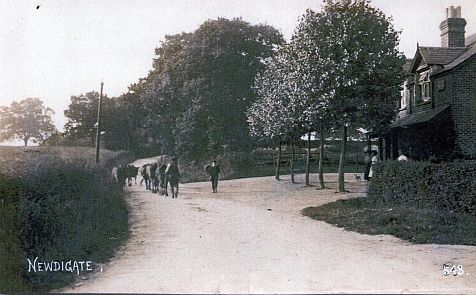
[tab: Page IV]
War raged on at the front but the Rector speaks gloomily about the lack of progress.
There is deadlock in Gallipoli and losses were appalling. Audio Player
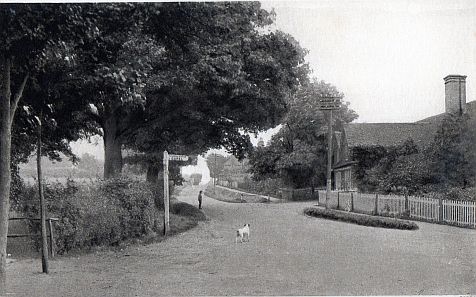
[tab: Page V]
Winter comes to Gallipoli with floods and snow freezing the trenches.
A decision is made to evacuate the peninsular. Conscription is introduced. Audio Player
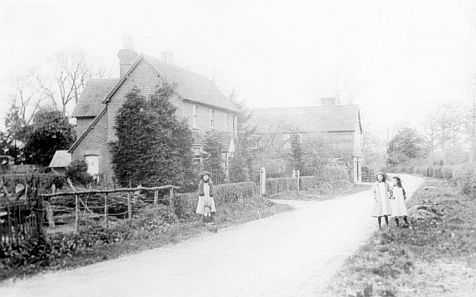
Invalid Displayed Gallery
[tab: Page VI]
The Battle of the Somme – ‘the big push’ started on the 1st July. Newdigate families suffer death and injuries. Aubrey Hudson was just 15 years and 1 month old when he was killed.
Audio Player
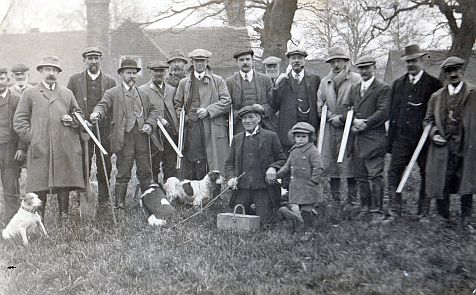
Invalid Displayed Gallery
[tab: Page VII]
The Americans join the war and Lenin had deposed the
provisional government and Russia makes peace with Germany.
The Rector urges everyone, with God’s assistance, to help win the war and still news of village casualties come in.
Audio Player
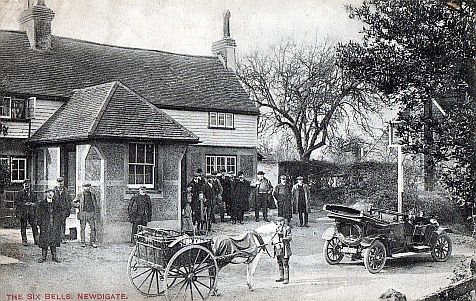
[tab: Page VIII]
Field Martial Haig issues his ‘backs against the wall’ decree and the tables are turned.
With the Allies advancing on all fronts, peace finally came on the 11th November 1918.
Audio Player
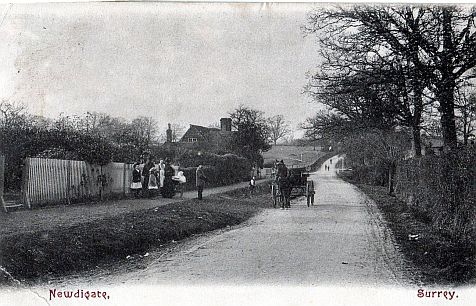
Invalid Displayed Gallery
[tab:END]
PHOTO GALLERY
Click on the photo to enlarge
Images courtesy of John Callcut

